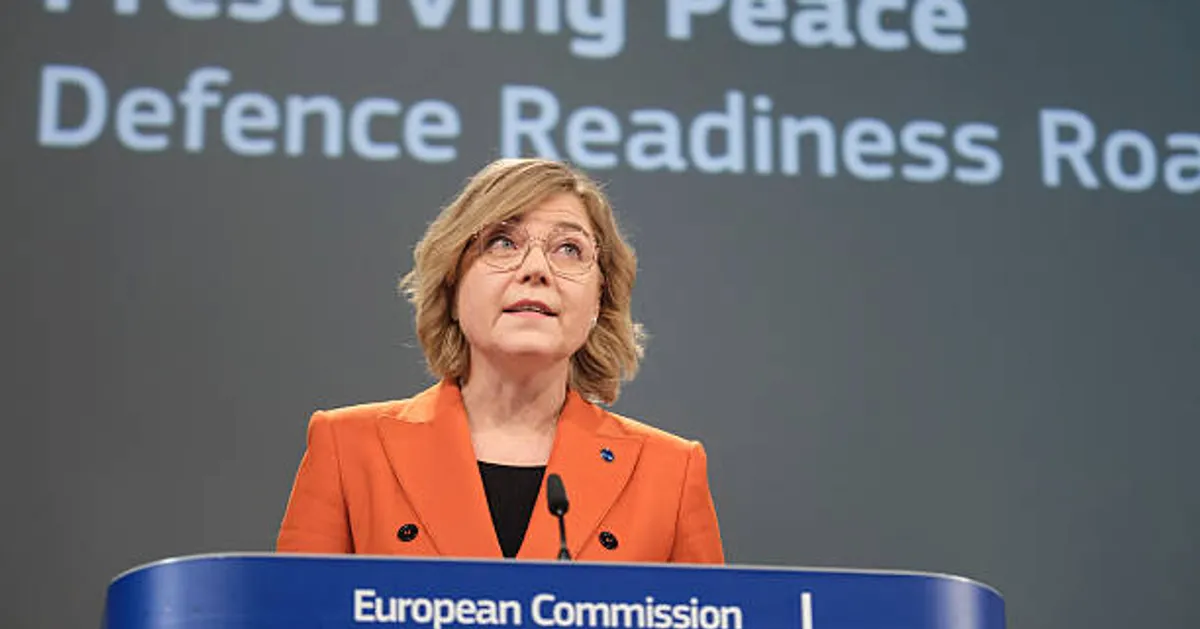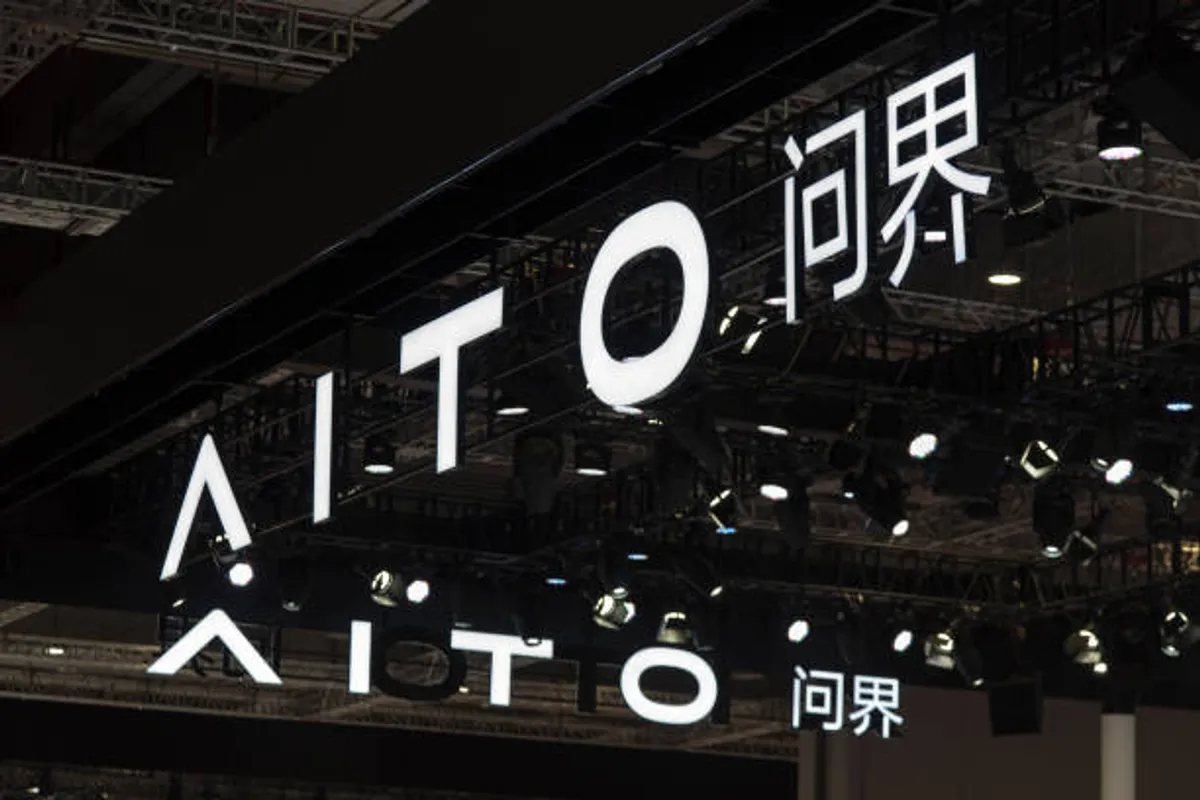EU Pushes Online Platforms to Combat Hybrid Threats Under New “Democracy Shield” Proposal

GeokHub

The European Union is preparing to expand the role of tech giants in defending democracy, pushing online platforms to take on new responsibilities in detecting and countering hybrid threats—such as disinformation campaigns and election interference.
According to a draft document, the initiative—dubbed the European Democracy Shield—would require big platforms to coordinate with national governments under a new “crisis protocol” tailored to hybrid threats. Major tech firms already governed by the EU’s Digital Services Act would be compelled to detect, assess and respond to covert influence operations, AI-generated media, and deepfake threats during critical periods.
Under the proposal, companies that have signed the EU’s existing Code of Conduct on disinformation must evaluate risks linked to manipulated media and take preventive measures around elections. The goal: strengthen detection, deterrence and response to subtle campaigns that aim to undermine democratic institutions.
Hybrid threats are increasingly viewed as a silent front in modern conflict—exploiting social media, manipulated narratives, and emerging AI tools to influence public opinion without firing a shot. The EU sees such campaigns as especially dangerous to its internal cohesion, rule of law, and access to accurate public discourse.
By focusing on platforms with vast reach and data control, Brussels aims to leverage their technical capabilities in real time. It’s a shift from reacting to content after it spreads to anticipating and blocking malicious influence before it gains traction.
What This Means for Tech Platforms
- Platforms may be drawn into a DSA crisis protocol, collaborating with regulators when hybrid threat alerts are triggered.
- Firms must step up defenses around AI-generated content, including images, videos or synthetic media aimed at elections or political campaigns.
- Ownership of narrative space is now seen as service responsibility: content moderation goes beyond hate or illegal speech into the realm of “strategic communications.”
- Platforms could be expected to proactively monitor and report suspected covert operations in collaboration with intelligence and law-enforcement agencies.
Shifting partisan narratives and online influence is not a clearly defined offense, making enforcement tricky. Critics caution that creating powerful obligations for platforms risks chilling political speech or overreach into censorship.
Tech companies will need to invest heavily in detection algorithms, AI model audits, and early warning systems — tools that are still evolving and often constrained by privacy, interpretability, and bias concerns.
Additionally, aligning platform actions with national strategic interests—especially during elections—could become politically charged. The EU must guard against misuse of these tools for partisan advantage while maintaining transparency and accountability.








